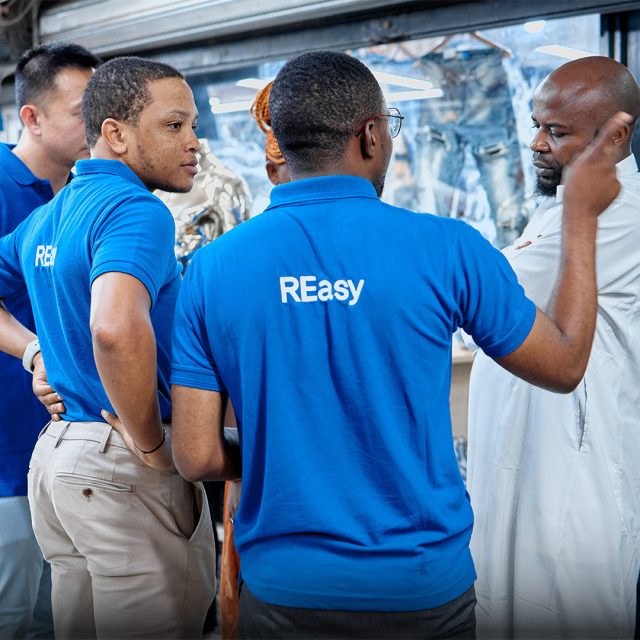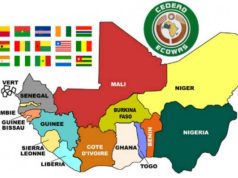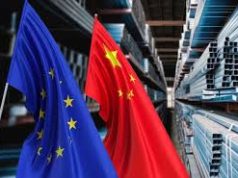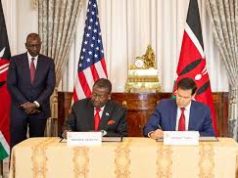Cameroon-based trade finance platform REasy has raised $1.8 million in pre-seed funding, marking a pivotal step in its mission to transform cross-border trade for African small and medium-sized enterprises (SMEs). The capital will be used to accelerate expansion across West Africa, scale customer acquisition, strengthen technology infrastructure, and secure regulatory licenses in new markets—fueling the next phase of growth for a company already redefining how African importers access global supply chains.
The REasy pre-seed funding round was led by prominent Africa-focused investors Ingressive Capital, Launch Africa, and 4 Collective, with additional participation from Digital Africa, Christophe Chausson (Chausson Partners), Mathias Léopoldie (Julaya), and Joël Nana Kontchou (Cameroon Network Angels)—a coalition that underscores growing confidence in homegrown solutions to long-standing trade inefficiencies.
Brice Mba, Co-CEO of REasy, said the investment will help the company fulfill its core mission: “An African entrepreneur should be able to pay a foreign supplier as easily as a merchant in Europe or Asia. By eliminating friction in these transactions, we unlock both capital and confidence for the millions of SMEs that are the backbone of Africa’s economy.”
Founded in 2023 by Brice Mba and Mathieu Wing—and later joined by co-founders Richard Kue and Stéphane Meng—REasy emerged in response to systemic challenges faced by African importers: high transaction costs, payment delays of up to two weeks, fraud risks, and limited access to formal trade finance. Its integrated platform now combines multi-currency payments, logistics coordination, customs brokerage, and compliance services into a single digital solution, enabling SMEs to complete end-to-end import transactions without relying on multiple intermediaries.
A key milestone ahead of the funding was REasy’s collaboration with the Bank of Central African States (BEAC) to develop a regulated foreign exchange mechanism. This innovation allows businesses in Central Africa to conduct cross-border payments in various currencies—including USD, EUR, and CNY—without depending on traditional banks. Funds collected in Central African Franc (XAF) are settled almost immediately to suppliers abroad, with final FX conversion processed through BEAC’s official channel into Euros.
The platform connects local African payment systems such as Orange Money and MTN Mobile Money with international methods like Alipay, WeChat Pay, and UnionPay, bridging digital divides between African consumers and Asian suppliers. Operations are supported through hubs in the UK, France, and Hong Kong, ensuring seamless execution across time zones and regulatory environments.
Currently serving thousands of importers along the China-Cameroon corridor—which saw $3.71 billion in imports in 2023 alone—REasy has reduced settlement times from days or weeks to mere minutes. This efficiency gain is particularly transformative for micro-importers who previously relied on informal networks prone to delays and fraud.
Lina Kacyem, Investment Manager at Launch Africa, praised the company’s regulatory breakthrough: “Their partnership with BEAC creates a defensible competitive advantage. This isn’t just about payments—it’s about unlocking billions of dollars in trade currently hindered by outdated infrastructure.”
Looking ahead, REasy plans to expand beyond Central Africa, starting with Nigeria—the continent’s largest market—where annual imports from China exceed $25 billion. Between 2027 and 2028, the company aims to integrate with the Pan-African Payment and Settlement System (PAPSS), enabling smoother intra-African trade. By 2030, REasy intends to extend its reach to South-South trade corridors, including India–East Africa and Brazil–West Africa, with a goal of serving over one million importing businesses across the continent.
Africa’s import volume has surged from $27.6 billion in 2000 to over $600 billion in 2023, yet SMEs remain underserved by formal financial systems. With its blend of regulatory alignment, technological innovation, and deep understanding of local trade dynamics, REasy is positioning itself not just as a fintech startup—but as critical trade infrastructure for a more connected, inclusive African economy.
As global value chains evolve, the success of companies like REasy may well determine whether Africa trades on the world stage—or simply within it.
Follow us on Instagram.
https://www.instagram.com/businessnewsng?igsh=ZXpweTdjOGF1ZXdu

























